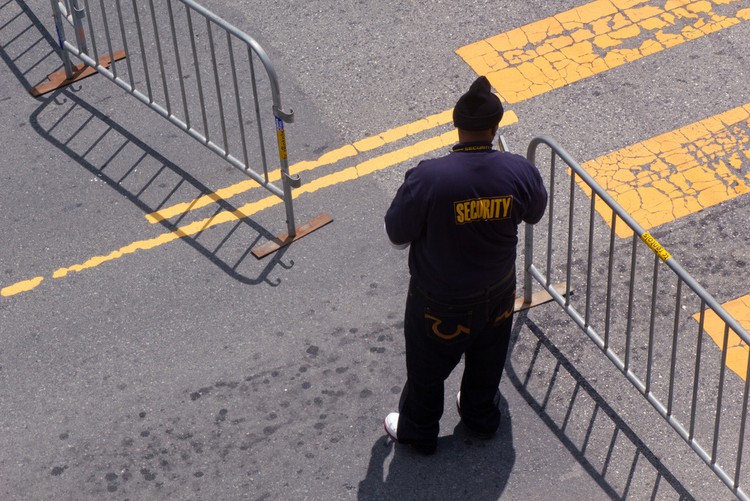Pensions of more than 80,000 security guards at risk
More than 300 cases are currently being fought in court against employers
The Private Security Sector Provident Fund (PSSPF) is fighting 315 court battles against employers who are failing to comply with rules, putting the pensions of more than 80,000 security guards at risk.
The Fund has more than 242,600 registered members, of whom over 2,500 are not complying with the rules. As a last resort, these companies are handed over to the Fund’s attorneys who either resolve the matter by agreement or through litigation. The Fund says non-compliance by employers is “rife” in the sector.
Fund spokesperson Sindiswa Changuion said more than 80,000 employees were affected by current litigation.
Most of the problems were employers not complying with the Fund’s rules or with Section 13A of the Pensions Fund Act. This included failure to pay contributions and failure to provide records.
The Fund itself has also come under scrutiny by the Pension Funds Adjudicator for its “suspect record keeping”. The Adjudicator reported that this year it had ruled in favour of most of the complaints against the Fund.
Company owners are obliged by law to register all security employees with the Fund, unless granted exemption by the Fund’s Board of Trustees.
Changuion said an average of over 100 cases were settled out of court every six months. Employers often agreed to make arrangements to pay outstanding contributions, she said.
She said the fund entered into criminal and civil litigation to recover outstanding contributions and to ensure employers complied.
Recent amendments to the Pension Fund Act allowed for the directors of a company to be held personally and criminally liable for the company’s non-payment of contributions.
On Monday, Pension Funds Adjudicator, Muvhango Lukhaimane, told GroundUp that at least a third of the complaints it received were related to the PSSPF. She said the most common complaint was over payment contributions.
Between January and September the Adjudicator had received 2,057 new complaints about the Fund and had resolved 1,741 complaints. The overwhelming majority (1,728) had been resolved in favour of the complainants. Decisions by the Adjudicator had a binding effect “like any High Court judgment”, she said.
Pension funds and employers both had to respond to complaints to the Adjudicator, she said. But Lukhaimane said the PSSPF responded slowly. “The Fund does take its time to respond as its books are not in order.”
Also, she said, the Fund’s attorneys sometimes failed to pay over the outstanding contributions they recovered from employers. The Fund’s recordkeeping was “suspect” and compliance by employers was not monitored. Failure to register employees as members of the Fund, or registering them late, and failure to pay all contributions on time affected the retirement benefits of members and the death benefits due to their dependants, Lukhaimane said.
Support independent journalism
Donate using Payfast

Don't miss out on the latest news
We respect your privacy, and promise we won't spam you.
© 2018 GroundUp.
This article is licensed under a Creative Commons Attribution-NoDerivatives 4.0 International License.
You may republish this article, so long as you credit the authors and GroundUp, and do not change the text. Please include a link back to the original article.

